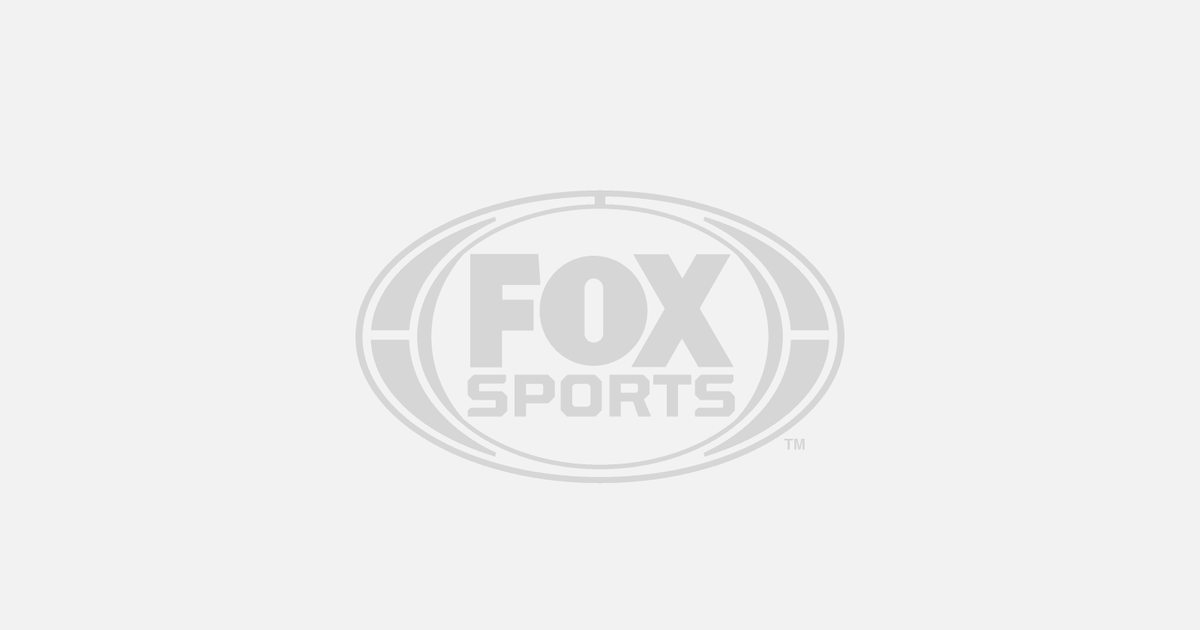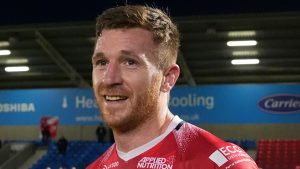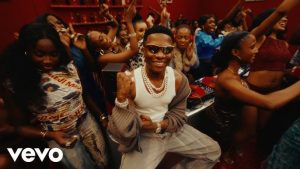USA Cycling putting timely emphasis on personal well-being


LENEXA, Kan. (AP) — Kelsey Erickson had spent nearly a decade working in the mucky world of international anti-doping when she heard that USA Cycling was looking for someone to build and administer a wellness program for riders at all levels.
She jumped at the opportunity. And the timing couldn’t have been better.
After spending the past 10 months crafting and implementing the program, Erickson has used it as the framework to help USA Cycling respond to the global coronavirus pandemic. She has already been in touch with all of the national team riders, many of whom have had their Olympic dreams put on hold until next year. She’s been providing support and guidance for everyone from recreational riders to race promoters and event organizers.
“There is a lot of unknown right now and a lot of anxiety and fear,” she said, “so I want to provide consistency and support.”
Erickson’s road to USA Cycling began at Biola University, a small school in Southern California where she pursued a degree in psychology. But it was while earning master’s and doctorate degrees in sports and exercise psychology at Leeds Beckett University in England that she plunged headlong into the erupting world of anti-doping.
She rose to become a senior research fellow, leading multiple global anti-doping research projects with funding from the World Anti-Doping Agency, the International Olympic Committee and the International Athletics Foundation.
Her research focused not on doping itself, though, but rather whistle-blowing procedures and anti-doping education. She was interested in the psychology of drug cheats more than the substances they might be putting into their systems.
“While I was doing that research,” Erickson said, “things were coming to light in the U.S. in gymnastics and other sports, and the importance of speaking up became a big deal. I was doing work with how emotional and scary it was to speak up about doping in sport, and I kept coming back to, ‘I can’t imagine how much more difficult it is to speak about sexual misconduct and things that are potential violations of yourself.’”
Even though USA Cycling has avoided the same sex abuse controversies that have embroiled USA Gymnastics and USA Swimming, new chief executive Rob DeMartini knew that no governing body is immune. So when he took on the job last year, one of his priorities was to establish a well-being program that empowered athletes to speak out.
The job posting went up. Erickson saw it. And the work soon began.
She reached out to other governing bodies with a simple question: “Would you like to talk about what you’re facing?” Six responded, including USA Weightlifting, which launched its own wellness program a year ago. Representatives now meet on a monthly basis to discuss best practices, new ideas and their attempt to change the sporting culture.
With their input, Erickson began to build USA Cycling’s own wellness program. She established an online community where riders can discuss what is happening in their lives in anonymity. She has built a knowledge bank of resources that deal with everything from financial pressures to stress on the home front. She even helped convince USA Cycling’s board to provide free mental health services for anyone who has been affiliated with its national teams.
That was especially important for those who knew Kelly Catlin, the popular track cyclist who was part of the silver medal-winning pursuit team at the 2016 Rio Olympics. Catlin killed herself in March 2019 after dealing with depression, possibly brought on by a concussion that the Stanford student had sustained in a cycling accident.
“We wanted people to know that they could talk to USA Cycling and they also could talk within the community and we would listen and take action,” Erickson said. “We wanted to create a place where our entire community, whether it’s a little kid just getting on a bike the first time or a two-time Olympic champion — it doesn’t matter to us who they are or what their connection to the bike is — we care about them and have a space for them to be heard.”
That dovetails nicely with USA Cycling’s push to be more than just a governing body for Olympic-caliber athletes, but also an organization that supports the recreational cycling community as well.
“We want to get out in the market place and not operate from our heels, and take our history and sweep it under the rug and hide from that,” said Bouker Poole, the chief commercial officer for USA Cycling. “We’re taking a proactive approach in identifying where we can be helpful within this lifestyle, whether it’s athletes, service providers, promoters — how can we focus on them and provide a service or information to help engage with the sport?”
Lately, that has been in response to COVID-19, which has caused the cancellation of hundreds of races and recreational rides across the country. USA Cycling has felt the financial pinch of that lost revenue while riders in many places have been left to wonder when they can get back on their bikes again.
“It’s OK to not be OK. We’re all in this together,” Erickson said, “and we’re going to support one another in whatever way that looks like. If you have ideas and desires, share them with us. It’s a constant process of growth and learning and knowledge.”






